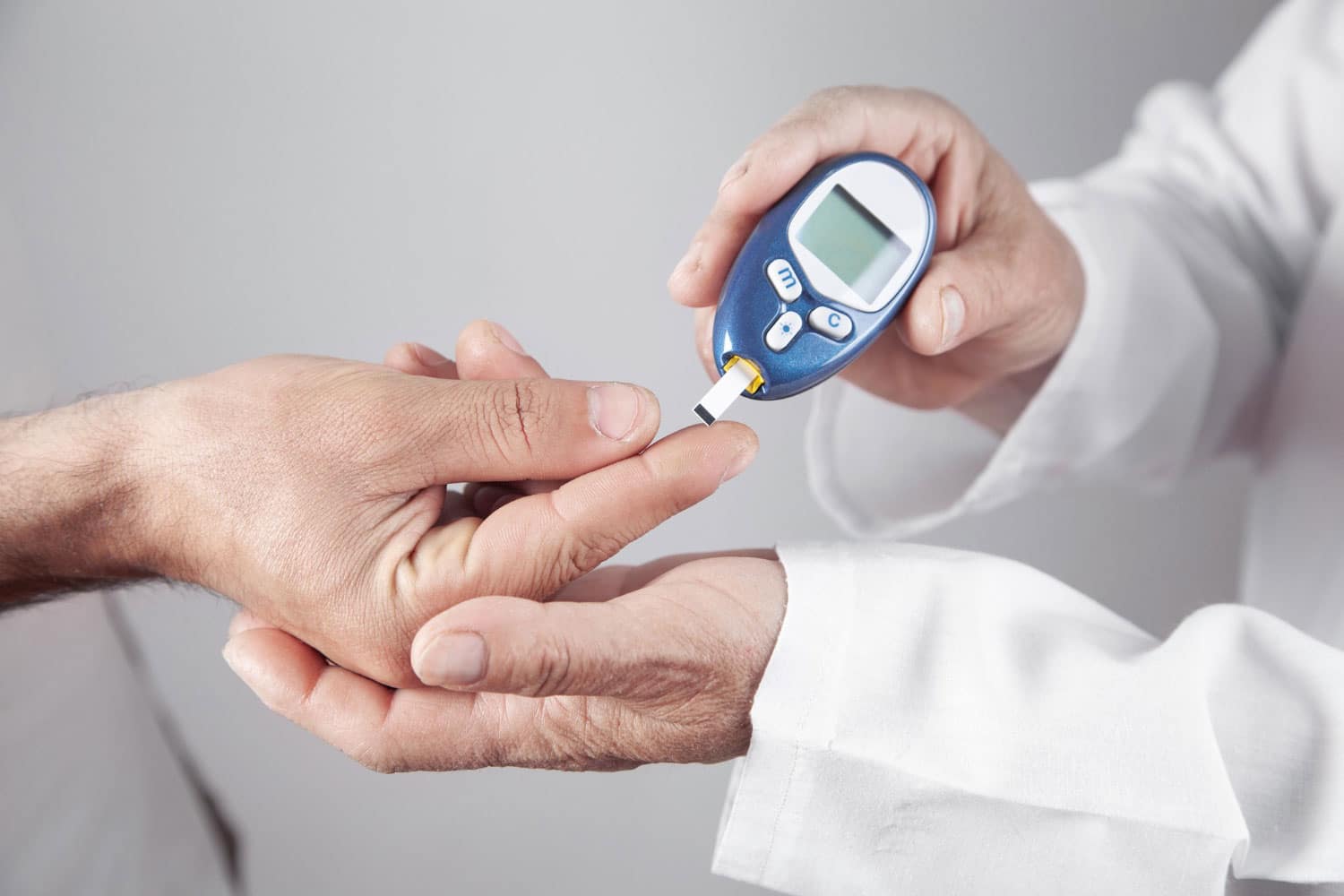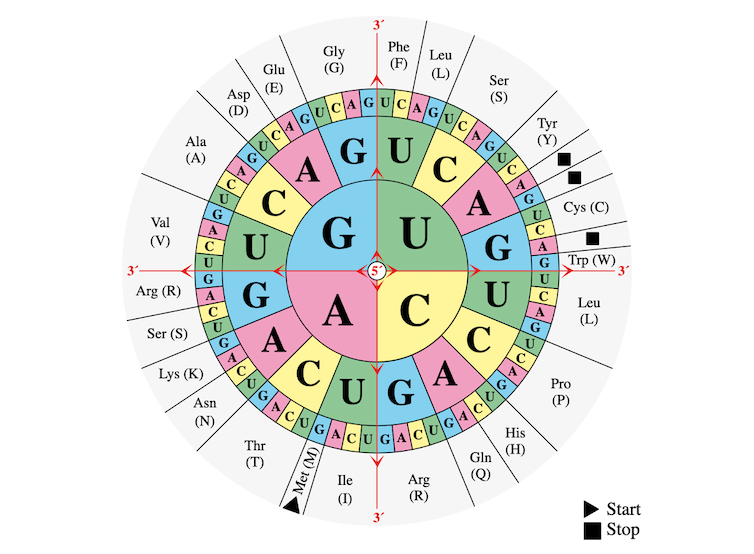Basic research in Nature Genetics reveals the largest study ever into the genetics of day-and-night fluctuations in blood sugar levels. This extensive study included nearly half a million people from a variety of backgrounds. It has identified a new genetic mutation that affects these blood sugar levels.
The research team, led by Professor Inga Prokopenko at the University of Surrey, conducted the study in collaboration with the Meta-Analysis of Glucose and Insulin-related Traits Consortium (MAGIC) and analyzed data from 17 major research studies, including UK Biobank.
One of the important findings of this research is that how people respond to drugs, especially GLP-1R agonists, which are often used to treat type 2 diabetes and obesity, may depend on specific DNA variations in the target gene, GLP1R.
In addition, this study has shown a groundbreaking discovery: it is the first to reveal that type 2 diabetes can directly lead to lung problems. This study, the most important genetic study of the link between genetics, blood sugar levels, and health outcomes, suggests that lung problems should now be considered a potential complication of type 2 diabetes.
The study, which looked at genetics and gene activity, revealed the important role of the digestive system, especially the small intestine, ileum, and colon, in controlling blood sugar levels. This adds to the knowledge of the involvement of the pancreas in maintaining blood sugar levels.
Professor Inga Prokopenko, a leading expert at the University of Surrey, said the study was very important. It includes more than a hundred scientists from around the world. It provides new insight into the genetics of blood sugar levels and type 2 diabetes. These results can help us prevent complications of type 2 diabetes, including lung problems.
Exploring individual DNA differences and their impact on how people respond to GLP-1R agonists may improve treatment options for those with this condition.
People with type 2 diabetes are more prone to lung problems such as obstructive lung disease, fibrosis, and pneumonia. It was not certain whether diabetes directly caused these problems or whether other factors were responsible. The researchers looked at factors such as smoking and inactivity and used Mendelian randomization to see if high blood sugar levels were associated with lung problems. They did lung function tests.
The results showed that high blood sugar levels in type 2 diabetes directly damage lung function. For example, from a blood sugar level of 4 mmol/L to 12 mmol/L can cause a 20% decrease in lung volume and function.
Respiratory diseases are the third leading cause of death in England, and hospital admissions for such illnesses have doubled in England and Wales in the past two decades. These findings emphasize the importance of healthcare professionals monitoring lung health in people with type 2 diabetes and taking early action to treat any issues, which can save lives.
This study found that parts of the digestive system, such as the ileum and colon, play a role in controlling blood sugar. When we eat, food starts in the duodenum (the beginning of the small intestine), where it mixes with the juice from the pancreas, liver and gallbladder. The jejunum and ileum break down food and absorb nutrients into the blood.
The colon, the large intestine, absorbs water and electrolytes from undigested food and lives in a community of bacteria called the gut microbiome. This research has linked the gut microbiome to the regulation of glucose levels. It showed certain bacteria such as Collinsella and Lachnospiraceae-FCS020, which produce glucose from lactose and galactose.
Dr. Vasiliki Lagou from the team emphasized that their research showed that high blood sugar in type 2 diabetes can directly damage the lungs. They hope the discovery will increase awareness among healthcare workers, leading to earlier diagnosis and treatment of lung problems.
Dr. Ayse Demirkan, another expert from the University of Surrey, explained that their research emphasizes the important role of the digestive tract, including the ileum and the colon, in controlling blood sugar in type 2 diabetes, more than the pancreas. They found a connection between glucose control and certain gut bacteria.
Type 2 diabetes risk factors include age, genetics, race, and body weight.
Journal Reference:
- Lagou, V., Jiang, L., Ulrich, A. continuous. Randomized glucose GWAS in 476,326 individuals provides insight into diabetes pathophysiology, complications, and treatment planning. Natural genetics. DOI: 10.1038/s41588-023-01462-3.
#Genetic #studies #link #blood #sugar #type #diabetes #treatment





